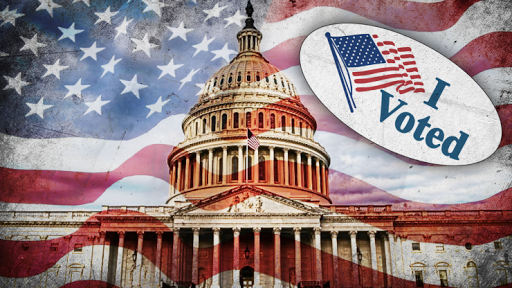Baltimore City Council Passes Budget With $22 Million Cut Police Funds
Credit AP/PATRICK SEMANSKY / The Baltimore City Council adopted a budget for the next fiscal year that cuts $22.4 million from the police department’s $550 million budget, including nearly $7 million from overtime spending. The cuts come days after protestors gathered outside City Hall demanding that the Baltimore Police Department be defunded altogether. The cuts are less than 5% of the total police department’s 2021 budget, which is 1.2% lower than the department’s budget from the previous year. “I am proud to lead a City Council that has taken a decisive first step towards responsibly reprioritizing Baltimore’s budget,” City Council President Brandon Scott said Monday evening. “This is just a first step, and we must recognize we did not get here overnight. In order to reduce our dependence on policing, we must continue the work we have started tonight over the next term.” ...




